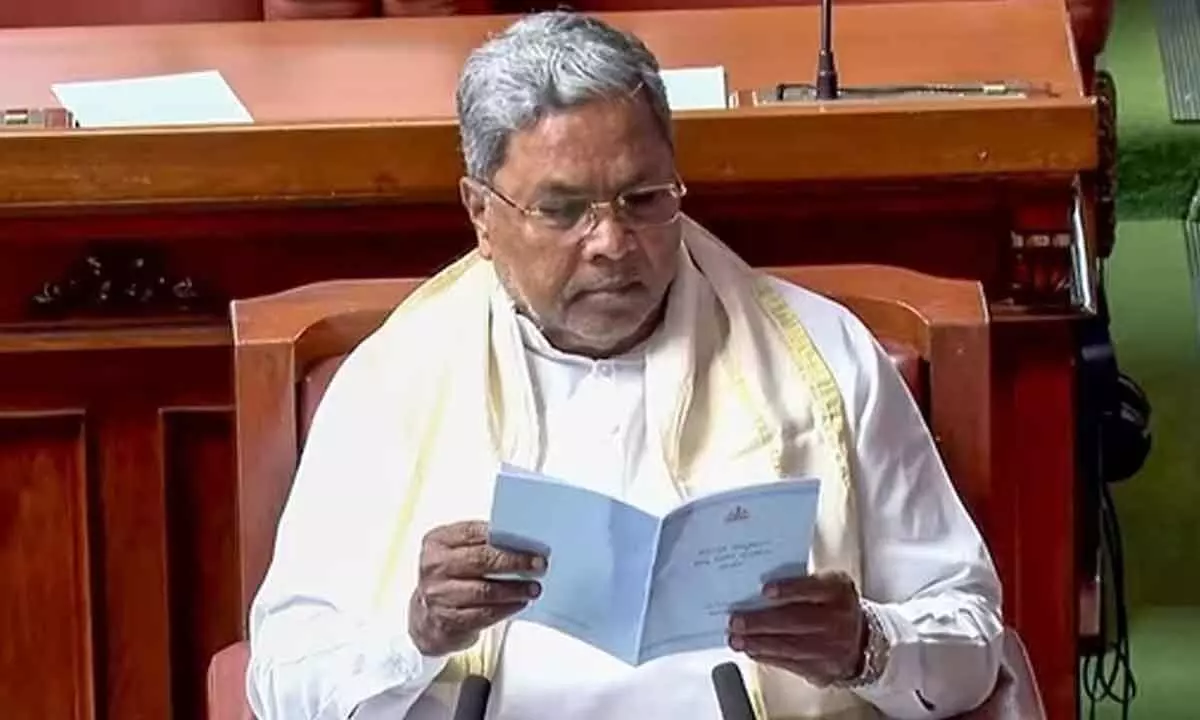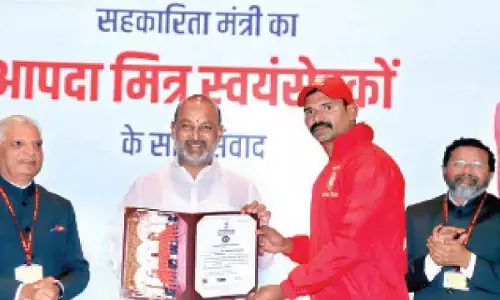Caste Census Report Raises Concerns In Karnataka Congress

- A comprehensive Socio-Economic and Education Survey report, often referred to as the caste census, has been submitted to Karnataka Chief Minister Siddaramaiah, sparking concerns within the Congress party.
- The report, details of which remain undisclosed, was presented by Karnataka State Commission for Backward Classes Chairman K Jayaprakash Hegde ahead of the upcoming Lok Sabha elections.
Sources indicate that Scheduled Castes and Scheduled Tribes constitute the largest populations in Karnataka, followed by Muslims, according to the caste census findings. Lingayats and Vokkaligas, the state's predominant communities, rank as the third and fourth largest groups respectively, while Kurubas emerge as the largest Other Backward Class (OBC) community.
Dalits, widely dispersed across the state, represent a significant portion of the population according to the caste census data.
Chief Minister Siddaramaiah has announced plans to deliberate on the caste census report during a Cabinet meeting to determine the subsequent steps. However, he emphasized the need for thorough examination before any decision is made.
Commission Chairman Hegde highlighted that the report's formulation involved extensive data collection efforts, coordinated by over 1.60 lakh officials, including a substantial number of teachers, under the supervision of district Deputy Commissioners across the state in 2014-15.
While Vokkaligas and Lingayats have expressed skepticism regarding the survey's methodology, labeling it as "unscientific", they have urged for the annulment of the report and the initiation of a fresh survey.
State Minister for Medium and Large Scale Industries, MB Patil, reiterated the government's stance of awaiting further analysis before deciding on the report's acceptance. Patil raised concerns about the categorization of Lingayat subcastes as Hindu subcastes, anticipating potential complications if such classification were to persist.










